A senior Syrian delegation led by foreign minister Asaad al-Shaibani arrived in Riyadh on its first official foreign trip since Bashar al-Assad was ousted by rebels last month.
The group, which includes defence minister Murhaf Abu Qasra and intelligence chief Anas Khattab, was greeted at Riyadh airport late on Wednesday by the kingdom’s deputy foreign minister Waleed Elkhereiji, according to the official Saudi Press Agency.
“Through this first visit in the history of free Syria, we aspire to open a new and bright page in Syrian-Saudi relations, befitting the long shared history between the two countries,” Shaibani said on X.
Saudi Arabia had welcomed Assad on several occasions in the past two years as it began re-engaging with the dictator for the first time since the civil war erupted in Syria in 2011. But the kingdom and other Gulf states have moved quickly to embrace the new authorities, dominated by the Islamist group Hayat Tahrir al-Sham, after they took over Damascus on December 8.
Arab countries are concerned about further conflict and political instability in the region following devastating wars in Gaza and Lebanon, while Gulf states are also keen to cut the smuggling of Captagon and other illicit drugs originating from Syria.
The visit, following an official invitation from the kingdom, comes as Saudi Arabia dispatched three planeloads of humanitarian aid to Syria, including food, shelter and medical supplies.
The Syrian delegation held talks with Saudi defence minister Prince Khalid bin Salman, a younger brother of the crown prince, to explore ways to support the transitional political process.
“Our brothers and sisters in Syria have suffered years of war, destruction and difficult living conditions,” Prince Khalid said on X after the meeting. “It is time for Syria to stabilise, rise up and benefit from its resources, the most important of which is the brotherly Syrian people. May God protect Syria and keep it safe from all evils.”
Other senior Saudi officials attended the meeting, including foreign minister Prince Faisal bin Farhan, intelligence chief Khalid al-Humaidan and Chief of General Staff Gen. Fayyad al-Ruwaili.
On Monday, Kuwait’s foreign minister Abdullah al-Yahya and Jasem al-Budaiwi, secretary-general of the Gulf Cooperation Council, met with Syria’s de facto ruler Ahmed al-Sharaa.
Yahya called on the international community to reconsider sanctions imposed on Syria, adding that Gulf countries were urgently working to send more aid to Syria.
The visit “shows our commitment to opening a new page of constructive regional co-operation . . . and we also value the responsiveness of the new administration in Syria to these efforts”, Yahya said during a press conference in Damascus.
HTS is designated a terrorist organisation by the US, the UN and others, though Washington and other western capitals have taken tentative steps to engage with the new rulers.
Qatar, which had previously resisted efforts to rehabilitate the Assad regime and return it to the Arab fold, also sent a high-level delegation to Syria last week.
New Syrian leader Sharaa, who formerly used the nom de guerre Abu Mohammad al-Jolani, told Saudi-owned Al Arabiya news channel in an interview last week that Saudi Arabia would “certainly have a large role in Syria’s future”.
He added that there was “a big investment opportunity” as the country sought to rebuild its economy after more than a decade of devastating civil war.
In the same interview, he provided the first indication of a possible timeline for phases of the country’s political transition, saying it would take up to three years to draft a new constitution and up to four years to hold its first elections.

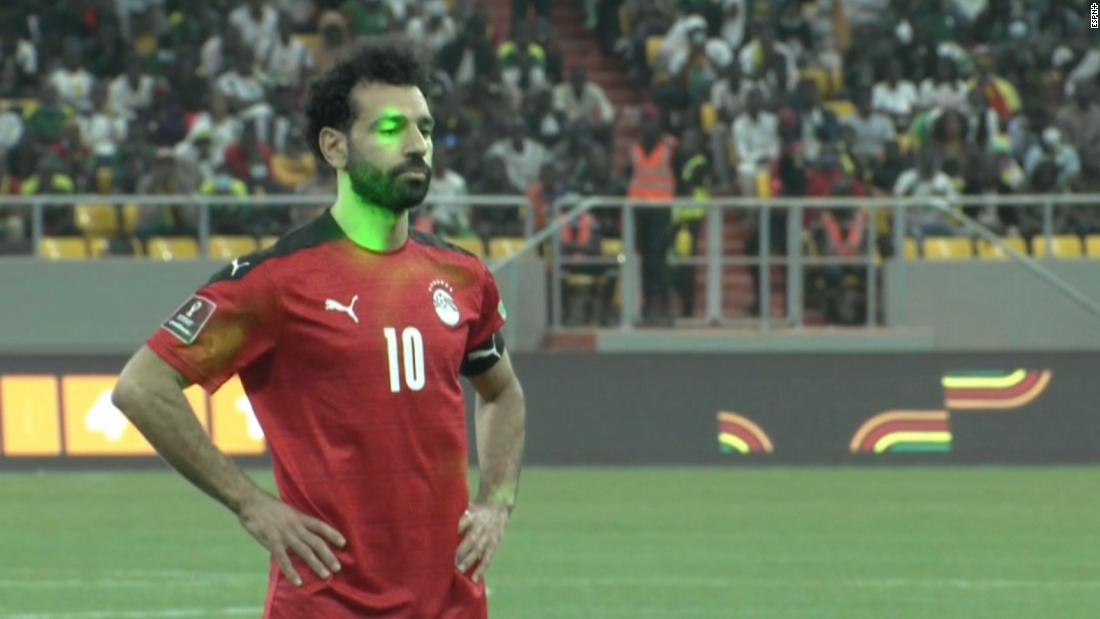





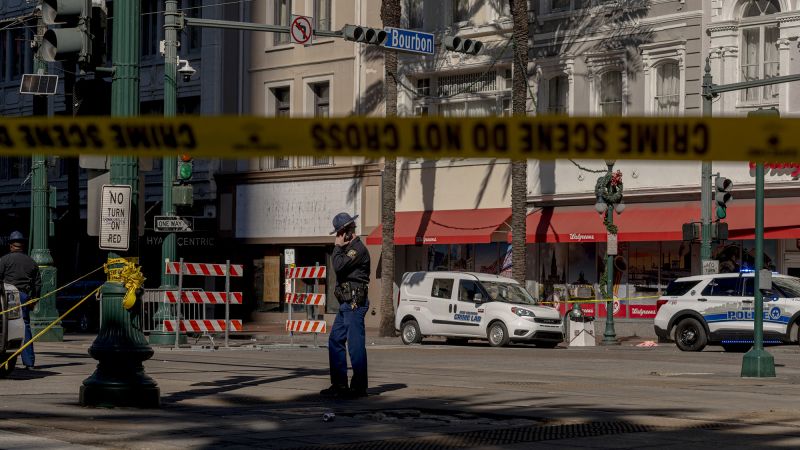
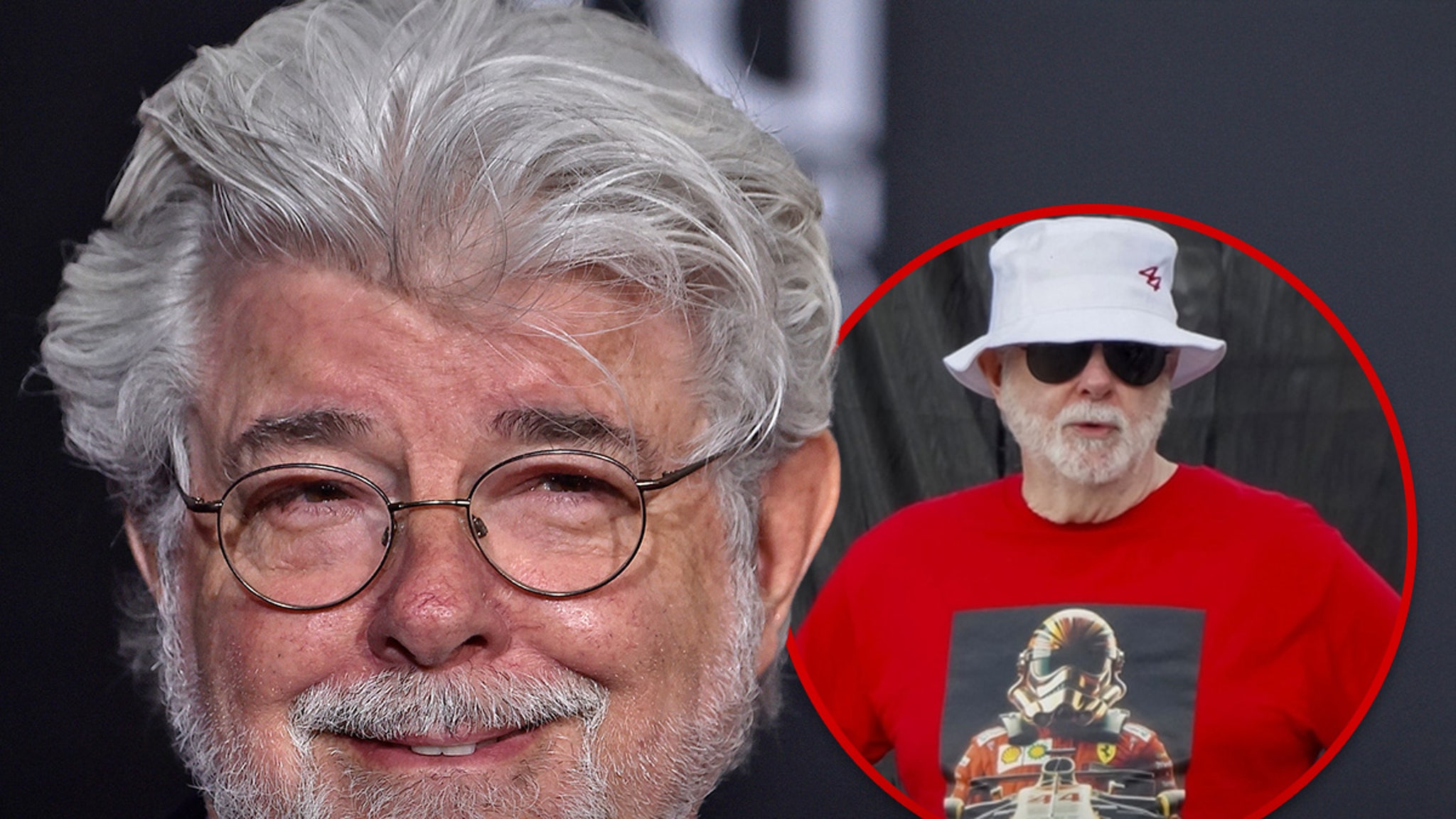
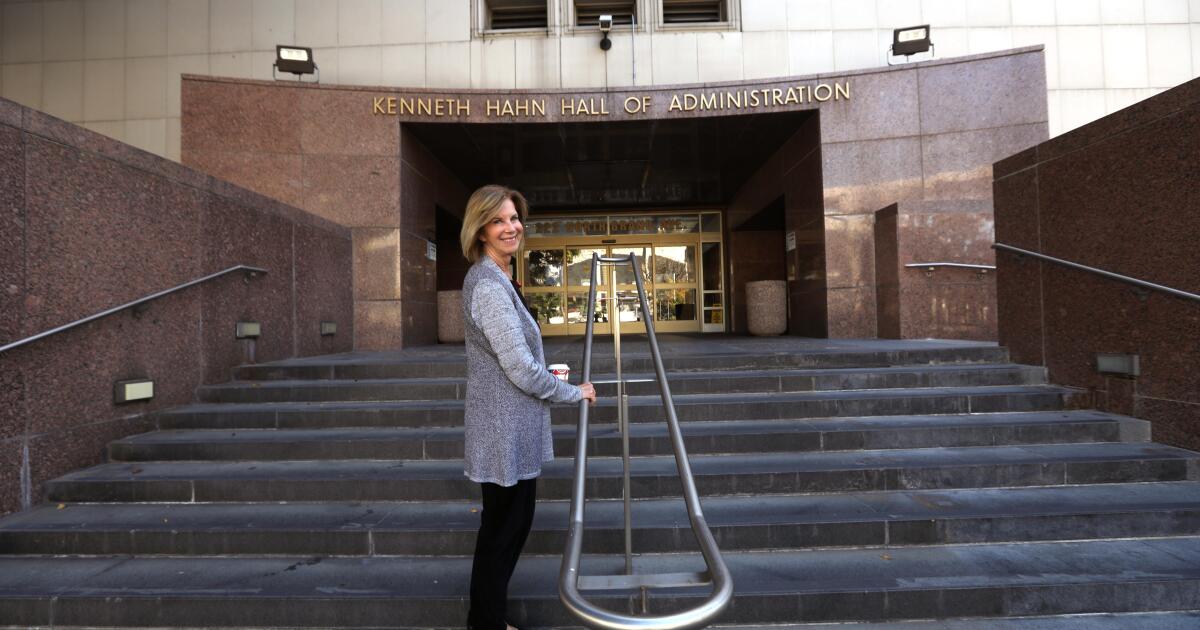







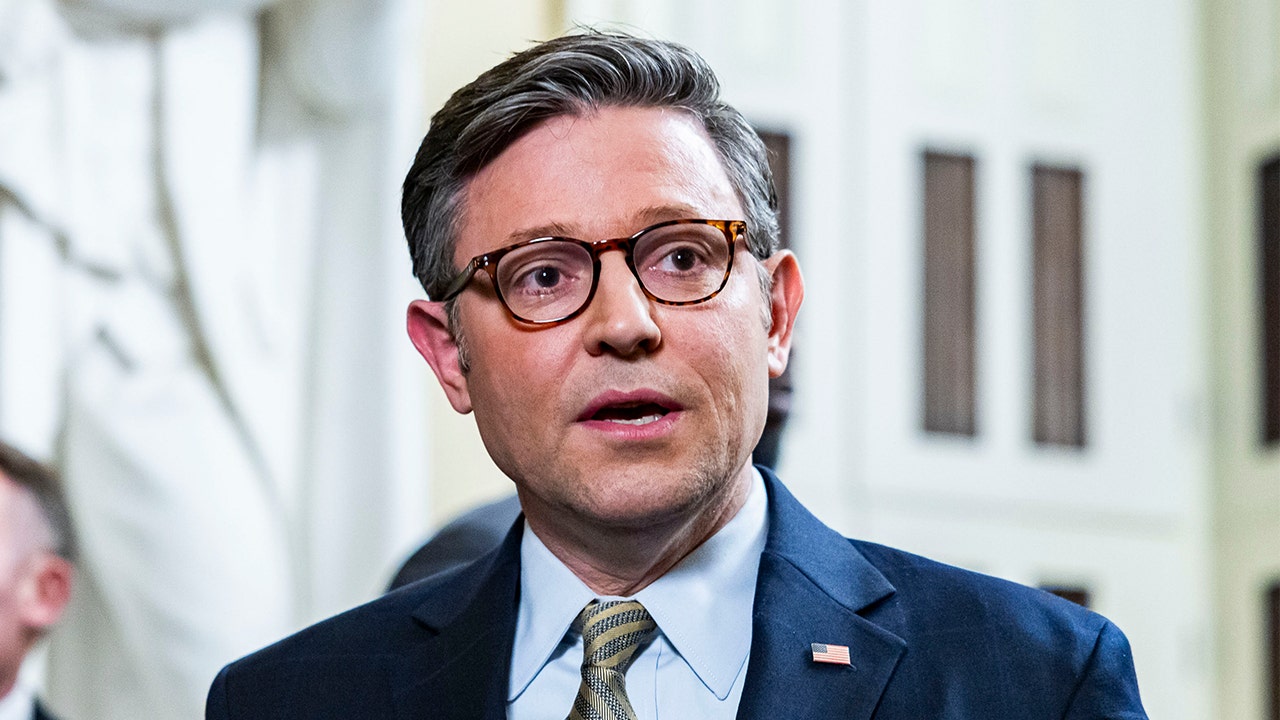
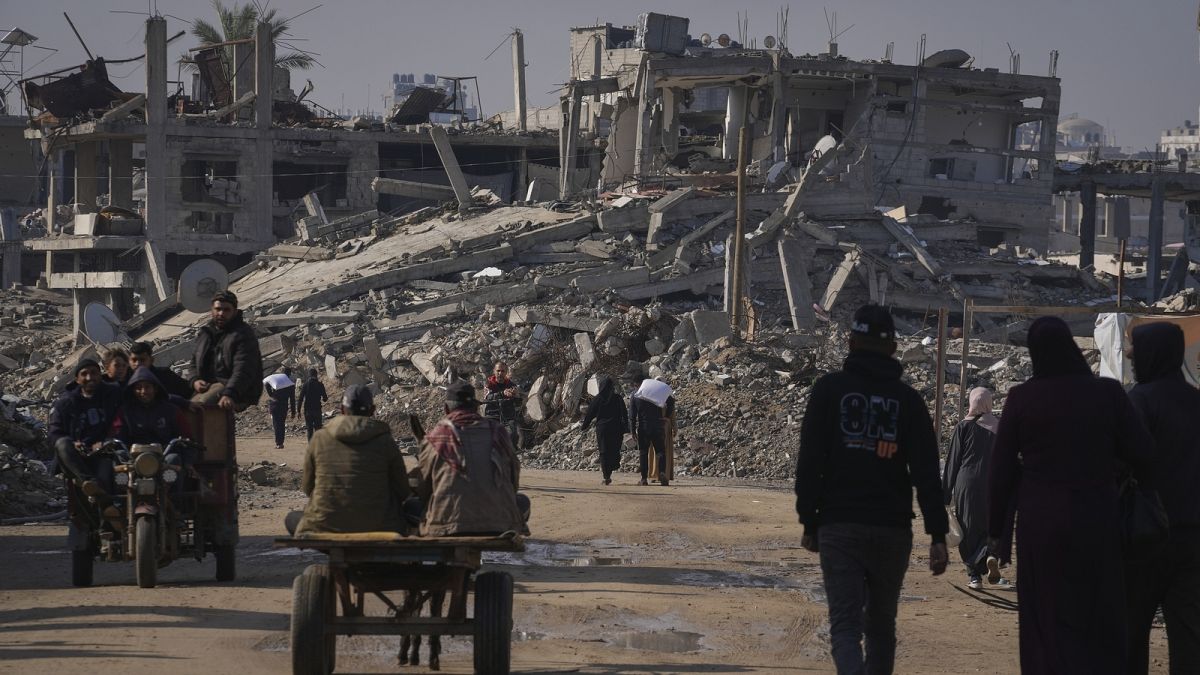
/cdn.vox-cdn.com/uploads/chorus_asset/file/25672934/Metaphor_Key_Art_Horizontal.png)



/cdn.vox-cdn.com/uploads/chorus_asset/file/24982514/Quest_3_dock.jpg)


